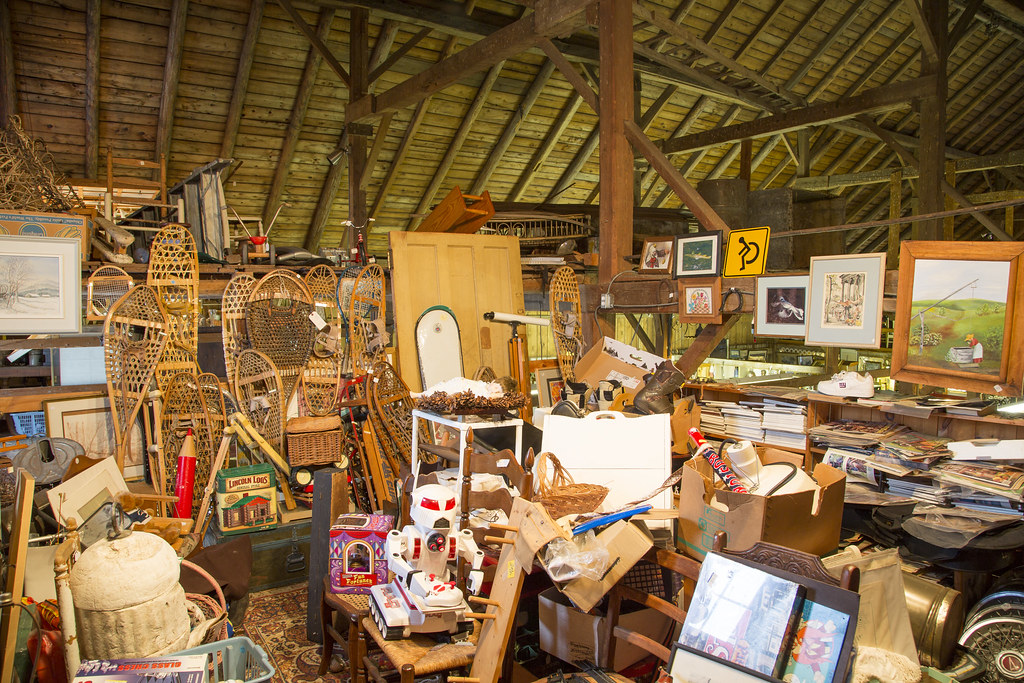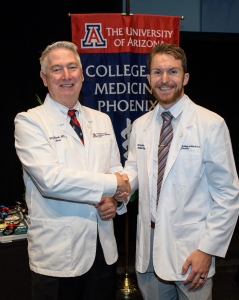The vast majority of medical students can cite “the desire to help people” as one of their motivations for pursuing the path to become a physician. Certainly it is reasonable to think that a significant proportion of medical students maintain some sense of altruism. The premedical path, and the time commitment that becoming an attending requires, means that “the desire to help people” has to be a fiercely strong drive. However, events over the past couple of years have suggested that the “desire to help” may come with some caveats.
As every medical student knows, the NRMP Match and process of residency selection is one of the most exciting, and stressful, times during medical school. But by the end of undergraduate medical education, the vast majority of US seniors of allopathic schools could rest easy knowing that they had a decent shot in The Match – with around a 93% match rate in 2019. Unfortunately, as it did with most aspects of our lives, the COVID-19 Pandemic threw this sense of safety into disarray. With social distancing and health concerns being paramount, the entire residency application and selection process went virtual (this coincided with the birth of the “Zoom School of Medicine”). This change brought with it many consequences regarding the interview process.
Prior to the Pandemic, interviewing for residency was a time-consuming and expensive undertaking. Applicants had to book flights, lodging, and often rental cars in order to interview at programs, often a dozen times or more. This created a sort of natural limit for applicants regarding the number of interviews that they could accept. Even if they were fortunate enough to have the financial means to travel to as many programs as they wanted, physically it was not always possible to schedule interviews back-to-back. In this way, in-person interviews somewhat leveled the playing field for applicants. People applying with top percentile Step scores and swathes of research would naturally get an abundance of interview invites. However, the physical and financial limitations meant that they were more likely to decline interviews at programs that they didn’t feel as strongly about. These declined interviews would then go to the next candidates, who didn’t have quite the same scores and CV fillers. Thus, “top” applicants and applicants with average statistics would often end up attending comparable amounts of interviews.
The virtual interview has removed that limitation to the number of interviews that some applicants can accept. With all interviews being on Zoom or some other video platform, applicants can literally roll out of bed and into a suit jacket and tie or professional top and log-in to their scheduled session. Thus, back-to-back interviews have ceased to be a hassle, physically or financially. Since interviews have gone virtual, there has been data to show that some applicants are “interview hoarding”, particularly in specialties that are historically more competitive. As there is no incentive not to accept interviews, top applicants are interviewing at every program that offers. So those interviews that once went to the “average” applicants are no longer trickling down, leaving them with a disadvantaged chance to match into their specialties.
This is where we wonder: where is that “desire to help people”? Where is the altruism of medicine? An altruistic approach to The Match would dictate that applicants would stop taking interviews once they had enough to match in previous years, or wouldn’t accept interviews at programs they didn’t have genuine interest in. There are a finite number of residency spots, and in turn a finite number of interview invites to be sent to applicants. While the top applicants applying to residency have no financial or physical incentive not to take every interview they’re offered, they do have an ethical imperative to ensure that the “trickle down” of interviews that was previously seen in The Match continues. This ethical imperative has to be balanced with what lays on the line for every medical student, however. All of us applying to The Match have spent many years, hundreds of thousands of dollars, and sacrificed time with our loved ones in order to become physicians in the specialties we want. It’s certainly understandable to approach The Match with a “taking no chances” mindset. A lot of us have spent most of our 20s getting to where we are now (though a few of us started later). At the same time, the role we have committed ourselves to is not a selfish one, and if we are to be successful in healthcare then we must help each other succeed. Hoarding interviews takes opportunities away from those who have earned it just as much, and may result in less physicians being trained in that cycle due to applicants having to SOAP, who otherwise may not have.
The Match is a stressful time, where every applicant feels that a lot is on the line. That being said, everyone deserves their shot to get to where they’ve worked to be throughout medical school, and hoarding interviews prevents all of us from doing that.
Chris Laube is a student in the class of 2023. He was an EMT prior to med school, where he met his wife, and attended most community colleges in the Phoenix area as well as ASU. When not on rotations, he enjoys spending time with his wife and kids, pretending to be an endurance athlete, and video games.


